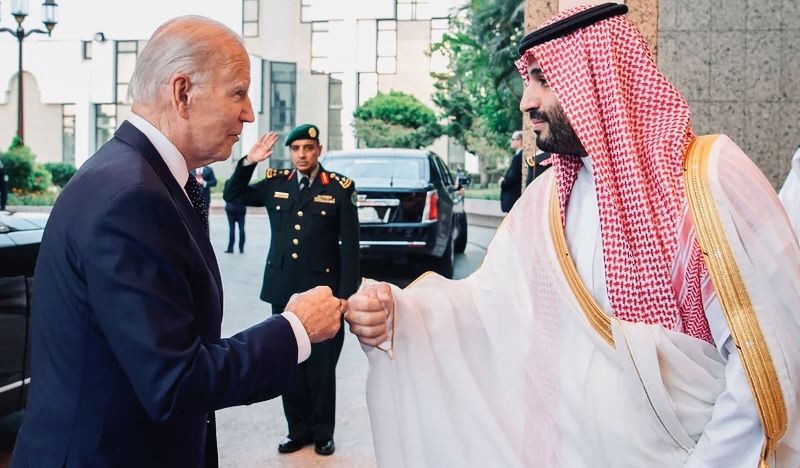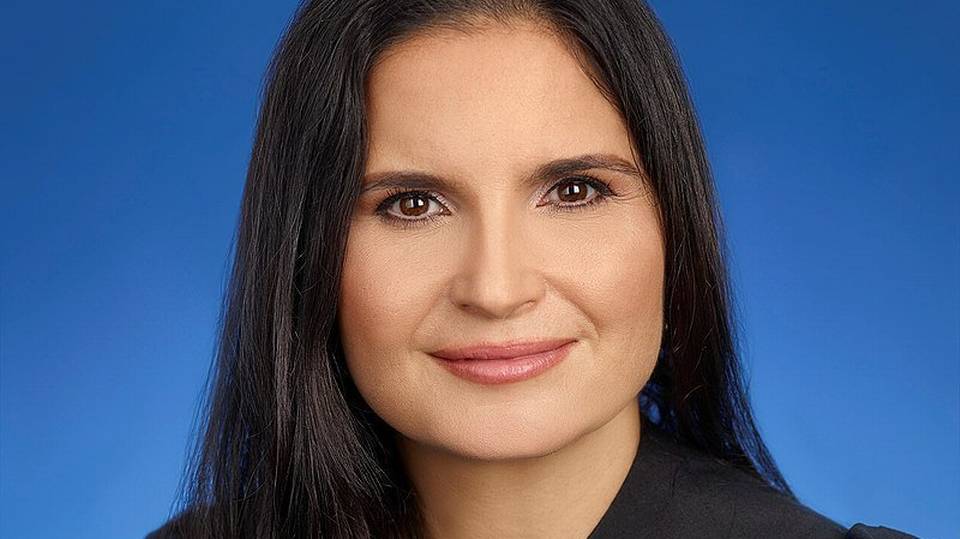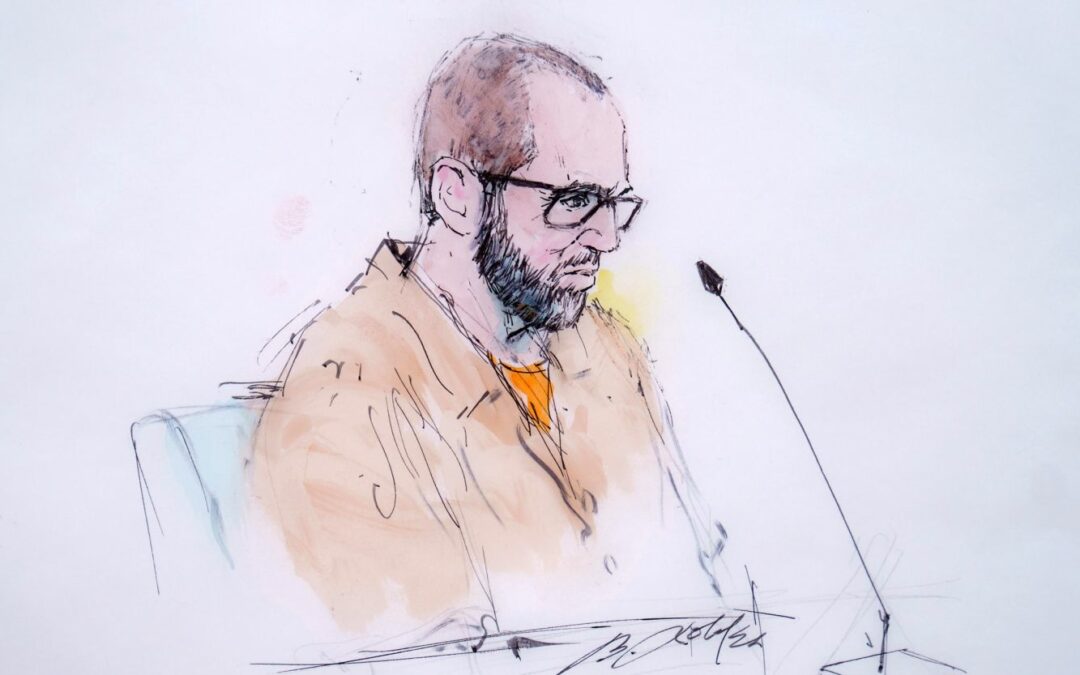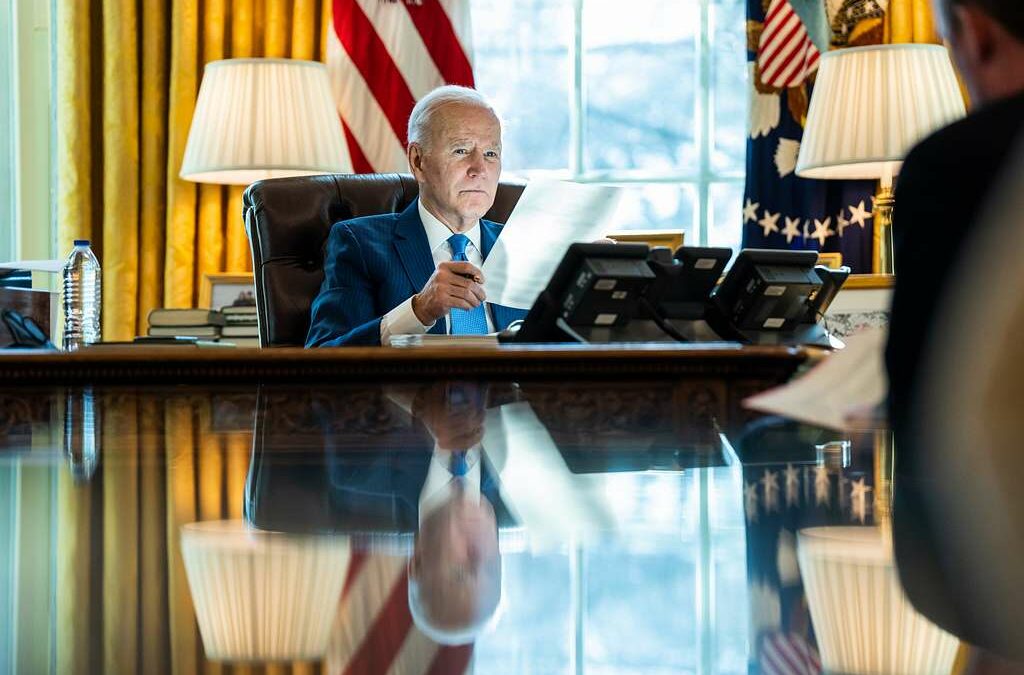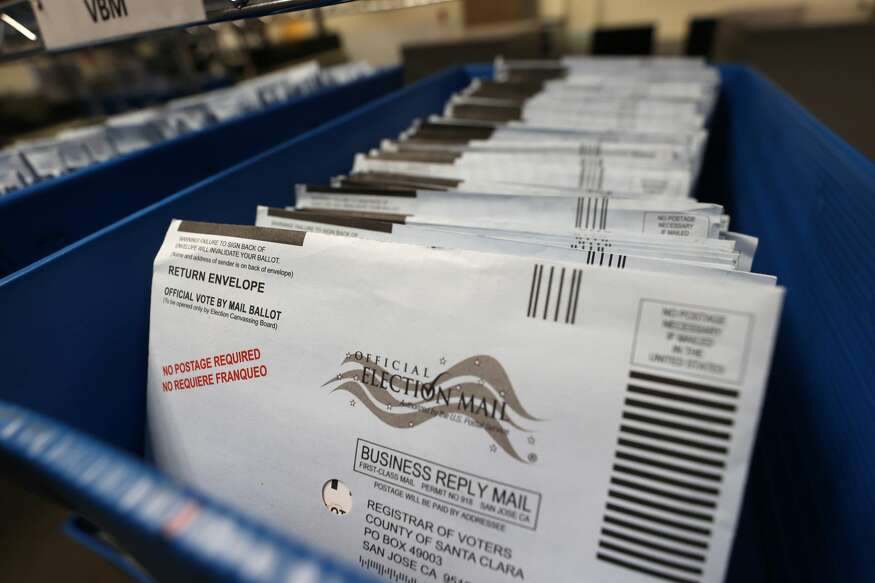According to U.S. and Saudi officials, the Biden administration is advocating for a diplomatic agreement in the near future, aiming to persuade Israeli Prime Minister Benjamin Netanyahu to agree to a renewed commitment to Palestinian statehood. In return, Riyadh would provide diplomatic recognition.
The proposed diplomatic maneuver would expand upon the Abraham Accords initiated by President Trump. These accords facilitated the normalization of relations between Israel and the U.A.E., Bahrain, and Morocco.
This effort, brokered by the United States, presents Israel with a significant opportunity: a landmark normalization agreement with Riyadh, its most influential Arab neighbor.
For decades, Saudi Arabia's leaders have emphasized the importance of a Palestinian state, with top diplomats stating that establishing a pathway to a two-state solution is a prerequisite for normalization. However, Saudi officials have reportedly signaled to the U.S. in private discussions that they may be willing to accept verbal assurances from Israel regarding new talks on Palestinian statehood. This flexibility is seen as a means to secure other aspects of the deal that are of greater interest to Riyadh.
The White House is reportedly offering Riyadh several inducements to recognize Israel, including a more formal defense relationship with Washington, assistance in acquiring civil nuclear power, and a renewed push for a Palestinian state. U.S. officials state that negotiations for this package are nearing their final stages.
According to U.S. officials, the recent successful multinational operation to intercept Iranian missiles and drones highlights the potential for Israel to enhance its security against Tehran's threats through closer integration with Saudi Arabia.
However, convincing Prime Minister Netanyahu to engage in discussions regarding the establishment of a Palestinian state remains a challenging obstacle. According to U.S. and Israeli officials, right-wing members of Netanyahu's government and a significant portion of the Israeli public are resistant to the idea of statehood, particularly following the deadly attack on southern Israel on October 7th.
Saudi officials have indicated that a U.S.-brokered deal could potentially assist Israel in devising an exit strategy from Gaza once the conflict is resolved. The U.S. has outlined a postwar plan that envisions deploying troops from Arab states to help secure Gaza.
U.S. officials reveal that another objective in these discussions is to curb China's influence in the region and enhance the isolation of Iran by fostering closer ties between Riyadh and Washington's primary ally in the area.
For Saudi Arabia, securing firmer defense commitments from the U.S. holds significant importance. While Pentagon support for Riyadh to bolster its defenses against Iranian missiles and drones is a potential area of agreement, specific details regarding talks on defense and nuclear assistance have not been disclosed publicly.
Arab officials suggest that a temporary cease-fire in Gaza would facilitate the Saudis in finalizing their part of the U.S.-brokered draft agreement.
U.S. and Israeli officials were scheduled to meet on Thursday for discussions regarding Rafah, as confirmed by John Kirby, a spokesperson for the National Security Council.
Israel and Saudi Arabia already cooperate in secret on security and other issues.
Source: The Wall Street Journal

